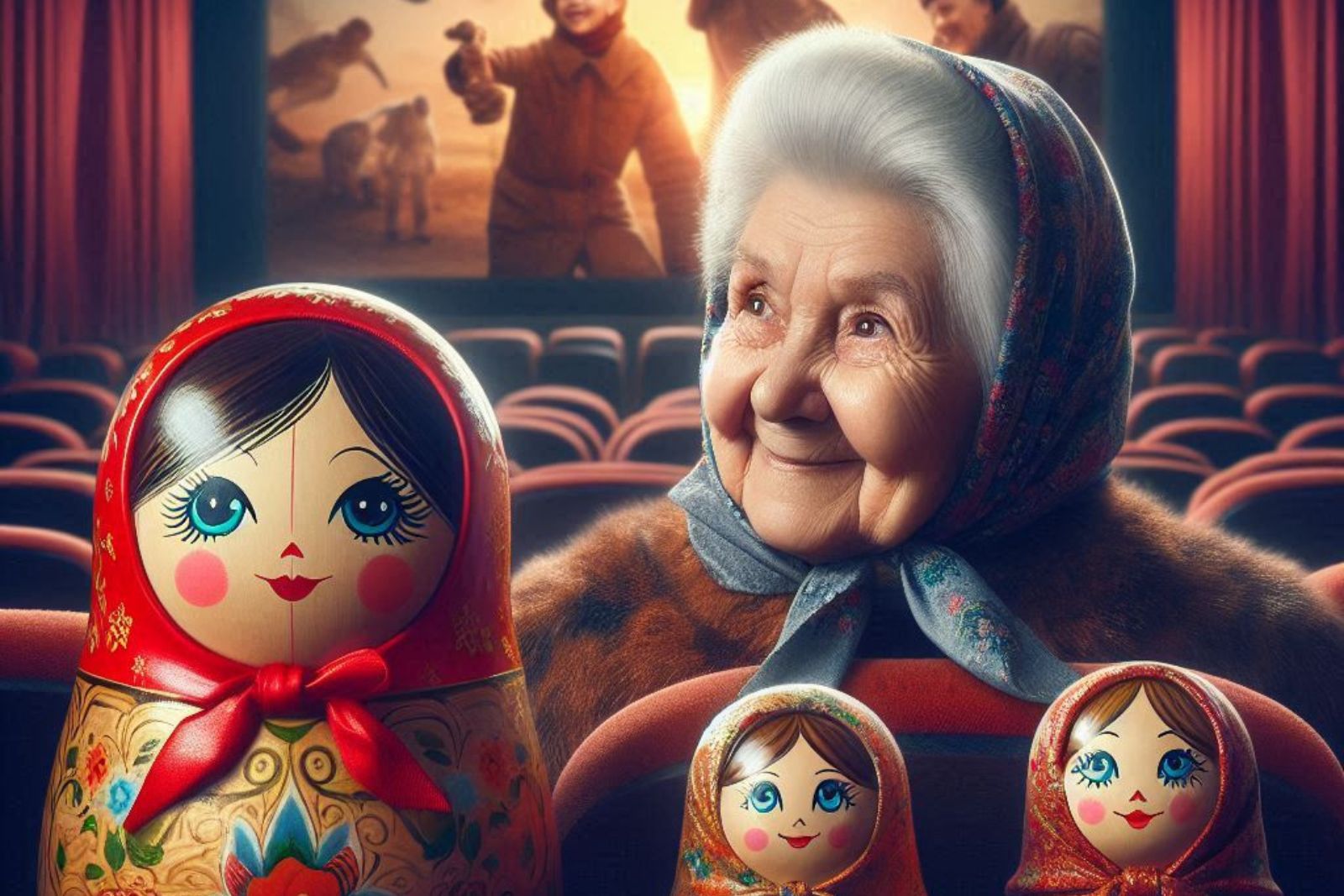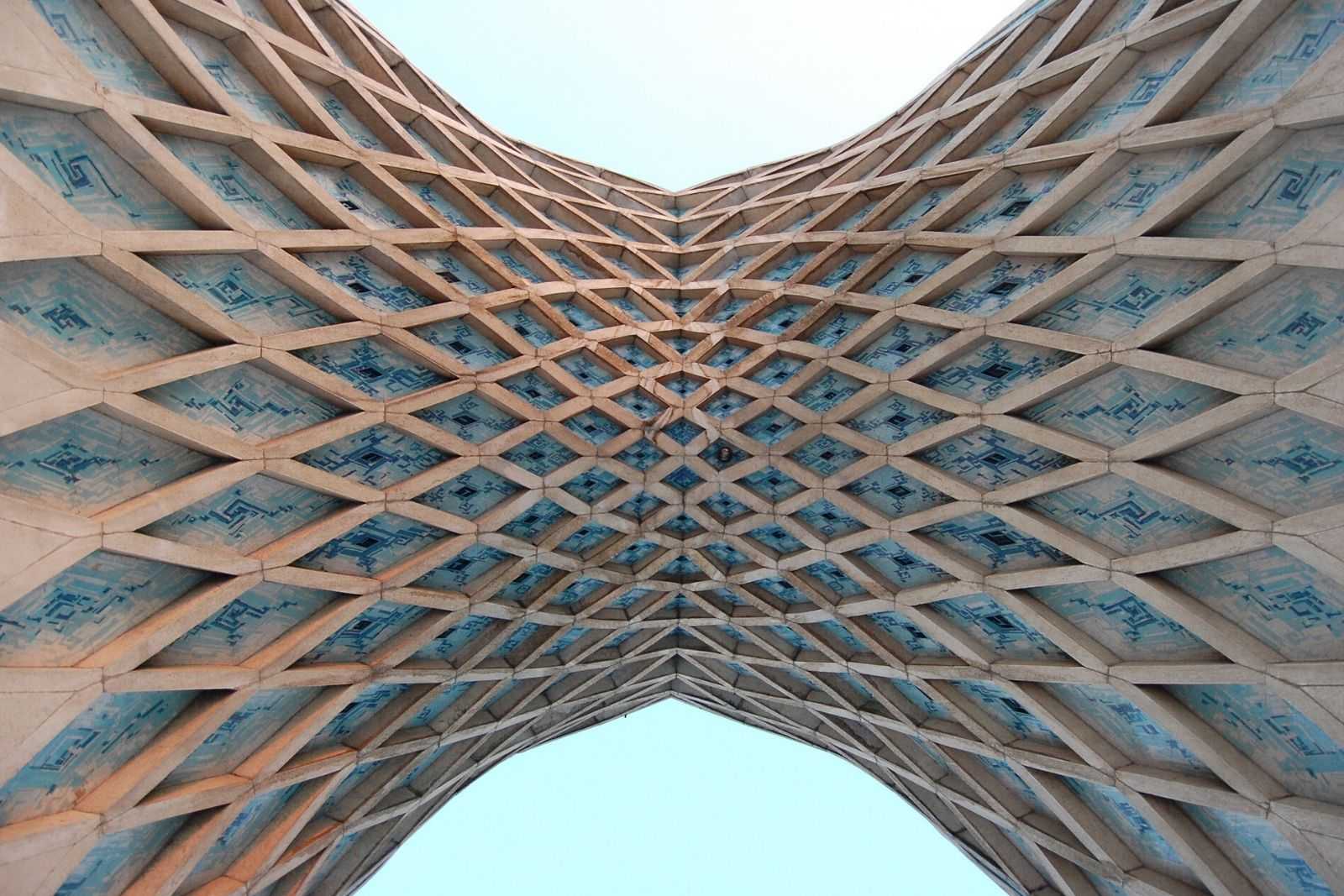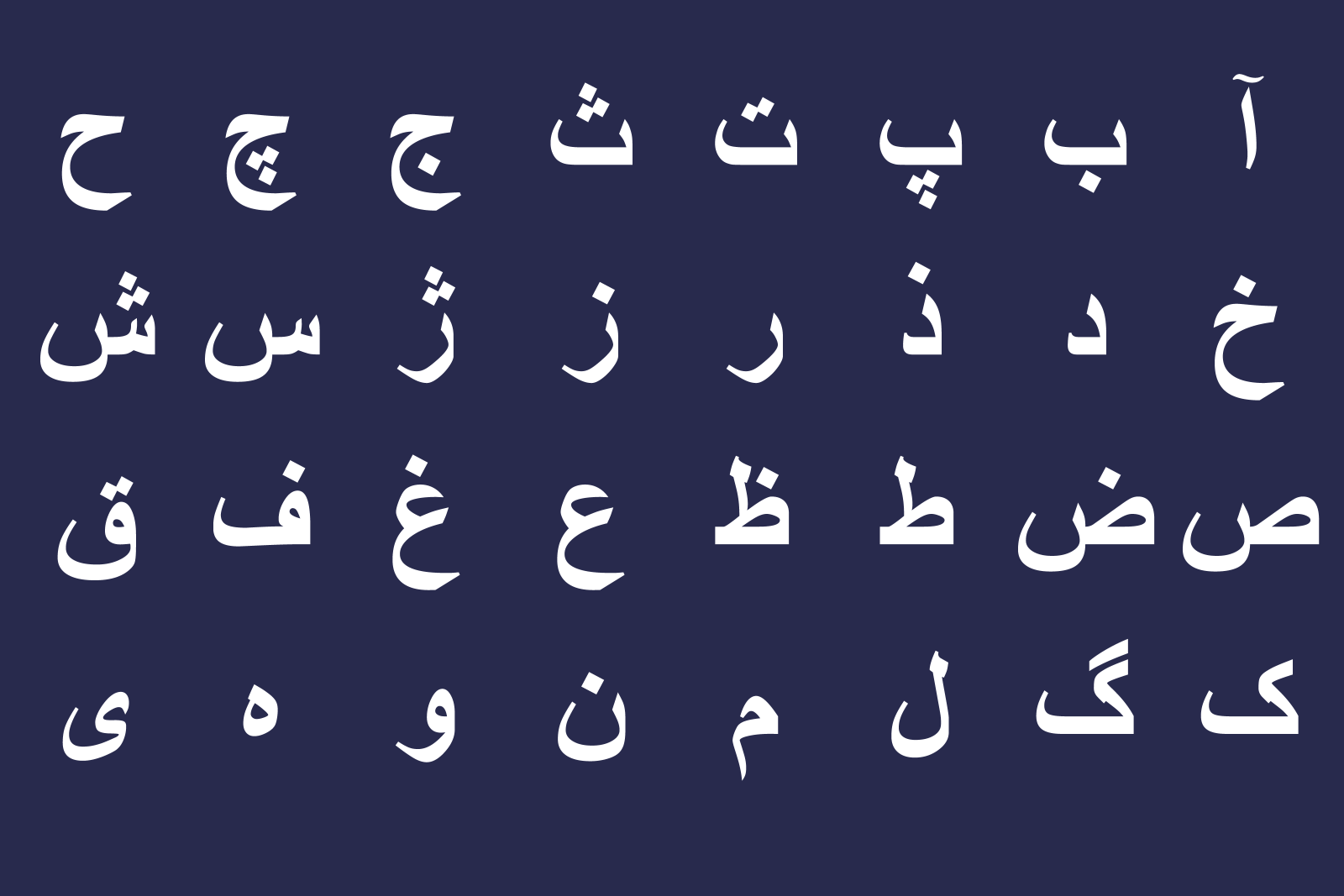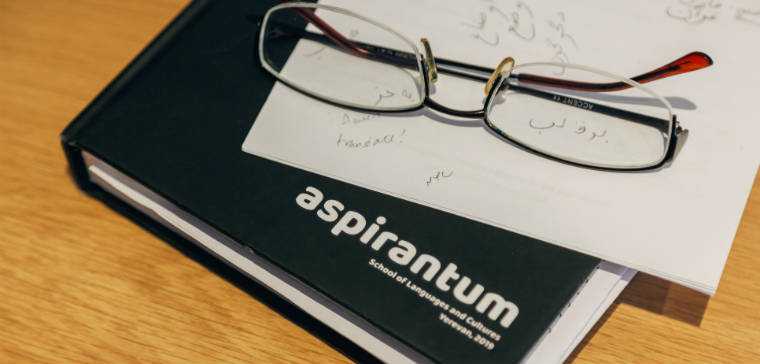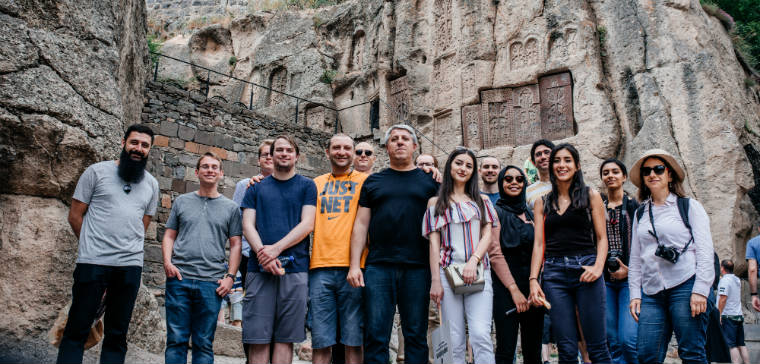Iranian Movies: How to Watch Persian Movies Online
Iranian cinema offers more than just entertainment—it’s a gateway to exploring Persian culture, language, and storytelling. Watching Iranian movies and TV shows online is an excellent way to improve your Farsi skills while diving into the rich traditions and everyday life of Iran. From internationally acclaimed masterpieces to hidden gems, Persian films captivate with their emotional depth, authenticity, and artistry.
7 Resources to Watch Persian Movies Online
If you’re ready to discover the fascinating world of Iranian movies, here are the best resources to watch Persian movies and shows online.
TPM - Top Persian Movies - YouTube Channel
YouTube is a convenient platform for discovering a wide range of Persian movies and TV shows. If you’re looking for an Iranian film or series, it’s a great place to start. You might be surprised by the variety of content available!
There are also several specialized channels worth exploring, such as the one we’re listing - "Top Persian Movies". "TPM MOVIES" features the best of Iranian cinema, including both recent releases and classic films. You can find content across various genres, including drama, comedy, romance, and action.
Televika - https://www.televika.com/
Televika is a streaming platform that offers thousands of copyrighted Persian movies and series. One convenient feature is the ability to watch the first episode of most shows for free before deciding on a subscription. The platform works on multiple devices - phones, tablets, laptops, and TVs - with simultaneous streaming available. A monthly subscription costs €5.99, with discounted rates for 3 or 6-month plans.
It is worth noting that Televika is designed for audiences outside Iran and was launched by Filimo, one of Iran’s largest video-on-demand services. Filimo, which has been widely used within Iran since its launch in January 2015, holds over 50% of the market share in the Iranian streaming industry. Unlike its parent platform, Televika supports various international payment methods, making it accessible to viewers worldwide.
IMVBox - https://www.imvbox.com/
IMVBox, established in 2013, serves as a dedicated streaming platform for Iranian films and shows. Their library features a diverse collection spanning from modern releases to classic Persian cinema, with subtitles in English and 20+ other languages. They collaborate directly with notable Iranian filmmakers and have received recognition from acclaimed directors like Jafar Panahi.
On IMVBox, you can explore some content for free, while a paid subscription unlocks additional features like subtitles, exclusive films, and unlimited streaming. The monthly subscription is $7.99, though they offer better rates for longer commitments - like the yearly plan at $3.99 per month.
Telewebion - https://telewebion.com/
SibApp (Application for iOS) || Google Play
Telewebion is a streaming platform affiliated with IRIB (Islamic Republic of Iran Broadcasting), offering free access to a wide range of Persian movies, TV series, and live Iranian channels. It provides both live streaming and an extensive archive of over 100 Iranian TV channels, making it a valuable resource for those interested in Iranian media. Beyond Iranian productions, Telewebion also features a variety of international movies, series, and cartoons with Farsi voice over, making it a useful option for Persian speakers and language learners. One of its main advantages is that it’s completely free, with only occasional ads before and during playback.
Namava - https://www.namava.ir/
SibApp (Application for iOS) || Google Play
Namava is an Iranian streaming platform developed by Shatel Information & Communication Technology Group, one of Iran’s major internet service providers. It offers licensed access to a growing library of movies, TV series, and original productions, with new titles and episodes added regularly.
Namava operates on a subscription-only model, with plans starting at 90,000 tomans (around USD 22) per month, and discounts available for longer-term subscriptions. While the platform features a notable collection of international movies and TV series, these are only accessible with an Iranian IP. Users outside of Iran can still subscribe, but their access will be limited to Iranian content only.
IranProud - https://namakade.com/ | https://negahestan.com/
The old but gold IranProud has been a popular destination for the online Iranian community for over a decade. As a media streaming site, it offers a variety of Iranian TV shows, movies, music, and videos—all completely free of charge. While the domain name changes from time to time and the website’s design isn’t the most user-friendly, IranProud remains a reliable option for those looking to watch Iranian and Farsi-dubbed movies online without ads or interruptions.
For easier navigation, users can take advantage of the search function to find specific movies or shows. Despite its occasional accessibility challenges, IranProud continues to be a go-to platform for free Persian entertainment.
Iranian “YouTube”, or where else to look
Over the past decades, several Iranian alternatives to YouTube have emerged, offering a vast collection of Persian movies, TV series, and other video content. The largest and most well-known of these platforms is Aparat, often considered the Iranian equivalent of YouTube. However, there are also other video-sharing sites like Tamasha and Jabeh, both of which provide a large selection of free Persian-language content.
If you’re searching for an Iranian movie or series, it’s worth checking these platforms in addition to YouTube. With thousands of titles available, they offer another valuable way to explore Persian entertainment online
Iranian Film Industry
Following the 1979 Iranian Revolution, the Iranian film industry underwent significant transformations, mirroring broader social and cultural shifts. However, the roots of Iranian cinema run deeper—before the revolution, the industry had already produced a mix of popular commercial films and artistically ambitious works, some of which explored social and political themes. While the revolution brought changes to the industry, certain storytelling traditions persisted, evolving into the poetic and socially conscious style that defines much of Iran’s post-revolutionary cinema.
In the 1990s, Iranian films rapidly gained global recognition. Once virtually unknown internationally, they became festival favorites, winning nearly every major award by the end of the decade. Some critics now regard Iranian cinema as one of the world’s most significant national film movements, drawing comparisons to Italian Neorealism. Despite challenges, Iranian filmmakers continue to produce compelling works that attract international attention, reinforcing Iran’s place in global cinema.
If you're interested in delving deeper into Iranian cinema, we recommend exploring Cinema Iranica: A Digital Research Compendium. This comprehensive digital resource from the Encyclopaedia Iranica Foundation offers expert-written, peer-reviewed articles on all aspects of Iranian film, from genres and directors to cinematographers and film studios, providing a thorough understanding of the country’s cinematic history and industry.
Prominent Iranian Film Directors
Here are some of the most prominent Iranian film directors:
Abbas Kiarostami (1940 - 2016)
Abbas Kiarostami was a pioneer of the Iranian New Wave and one of the most influential filmmakers in global cinema. He won the Palme d’Or at the 50th Cannes Film Festival for his film Taste of Cherry, the first Iranian film to receive this prestigious award. His other acclaimed works include Close-Up and Where Is the Friend’s Home?.
Asghar Farhadi (b. 1972)
Asghar Farhadi is one of the most prominent filmmakers in Iranian and world cinema in the 21st century. Known for his focus on the human condition and intimate portrayals of family conflicts, Farhadi’s notable films include A Separation, About Elly, and The Salesman.
Jafar Panahi (b. 1960)
Jafar Panahi is a leading figure in the Iranian New Wave, celebrated for his critical depictions of Iranian society. His debut film, The White Balloon, won the Caméra d’Or at Cannes. Other well-known films by Panahi include Taxi Tehran, No Bears, and Offside.
Mohsen Makhmalbaf (b. 1957)
Mohsen Makhmalbaf is one of the most influential filmmakers of the Iranian New Wave. He has directed films in multiple countries, with works like Kandahar, which was named one of Time magazine’s top 100 films of all time. Other notable films include Gabbeh, Hello Cinema, and The President.
Samira Makhmalbaf (b. 1980)
Samira Makhmalbaf, daughter of Mohsen Makhmalbaf, is among the youngest filmmakers to achieve international recognition. She directed her first feature film, The Apple, at the age of 17, which premiered at the Cannes Film Festival. Her other works include Blackboards and At Five in the Afternoon.
Dariush Mehruji (1939 - 2023)
Dariush Mehrjui was a founding member of the Iranian New Wave movement of the early 1970s. His second film, The Cow, is considered to be the first film of this movement. Most of his films are inspired by literature and adapted from Iranian and foreign novels and plays. Other of his best-known movies include Leila, The Tenants, and Mom's Guest.
Majid Majidi (b. 1959)
Majid Majidi's first work to draw world attention is Children of Heaven, nominated for the Academy Award for Best Foreign Language Film. Renowned for his emotionally powerful narratives, he has made many more others afterward, including Baran, The Willow Tree, and Muhammad: The Messenger of God.
Rakhshan Banietemad (b. 1954)
Rakhshan Banietemad is often referred to as the "First Lady of Iranian Cinema" due to her prominent role in the country's film industry and her ability to merge political themes with personal and family narratives in her work. Some of her prominent movies are Under the Skin of the City, the documentary Our Times, and Tales.
Masoud Kimiai (b. 1941)
Critics claim that with his second film, Qeysar, he and Dariush Mehrjui with the film The Cow caused a historical change in the Iranian film industry. In general, his films mainly deal with people at the margins of society with his anti-hero characters that die at the end. Other of Kimiai's prominent movies include The Deer and Killing a Traitor.
Niki Karimi (b. 1971)
Niki Karimi is one of the most famous, internationally acclaimed actresses and filmmakers in Iran. In 2005, she made her directorial debut film entitled One Night, which was screened at Cannes Film Festival. Her other well-known movies include A Few Days Later and Atabai.
Prominent Iranian Actors
Here are some of the most prominent Iranian actors:
Ezatollah Entezami: known for his performance in The Cow, a cornerstone of the Iranian New Wave. He is known as the "Master Actor" in Iranian cinema for his decades-long career and iconic roles. Other notable films include Hamoun, Once Upon a Time, Cinema, and 40 Years Old.
Ali Nasirian: renowned for his role in The Cow and his significant contribution to stage and screen. He is one of the pioneers of modern Iranian theater and cinema. Other notable works include Sun Children, The Postman, and Hezar Dastan.
Parviz Parastui: celebrated for his brilliant performances in Leily Is with Me and The Lizard. Known for excelling in both comedic and dramatic roles, he has also appeared in The Willow Tree, Bodyguard, and In the Name of the Father.
Leila Hatami: best known internationally for her role in the Oscar-winning A Separation. She is one of Iran’s most beloved contemporary actresses. Her other films include Leila, The Deserted Station, Subdued, and Bomb: A Love Story.
Hamideh Kheirabadi: dubbed "Mother of Iranian Cinema," she appeared in over 200 films and TV series. Known for her maternal and emotional characters, her other works include the roles in Mother, Hassan Bald, and The Lady.
Peyman Maadi: gained international acclaim for his role in A Separation. Known for his nuanced and powerful performances, his other notable films include About Elly and Life and a Day. Maadi has also worked internationally, appearing in projects such as Camp X-Ray and Last Knights.
Fatemeh Motamed-Arya: recognized for her roles in Gilaneh and The Blue-Veiled. She is widely respected for her powerful portrayals of complex female characters. Her other films include Once Upon a Time, Cinema; Nabat, and Here Without Me.
Mohammad Ali Keshavarz: known for his roles in hits such as Mother and Hezar Dastan, was a prominent figure in both Iranian theater and cinema. His other works include Through the Olive Trees and Clay and Mirror.
Taraneh Alidoosti: one of the most well-known actresses in contemporary Iranian cinema, who gained international recognition for her role in The Salesman. She is also famous for her performances in About Elly, Leila's Brothers, and Beautiful City.
Shahab Hosseini: gained international acclaim for his roles in A Separation and The Salesman. He is one one of the most celebrated and influential figures in Iranian cinema. His other notable films include About Elly, Any Day Now, and The Painting Pool.

